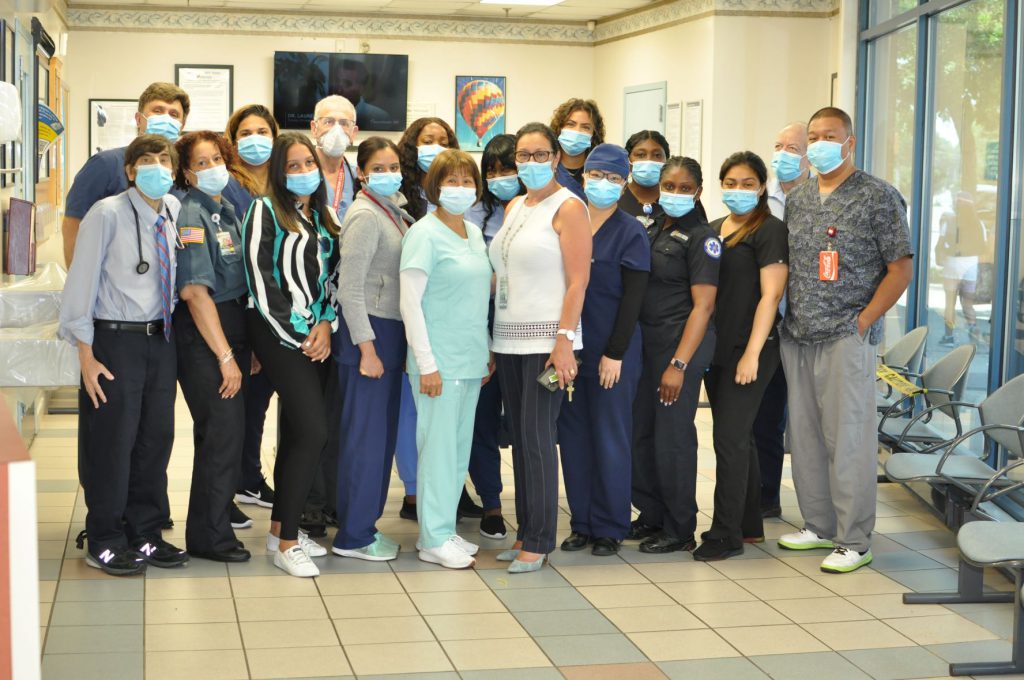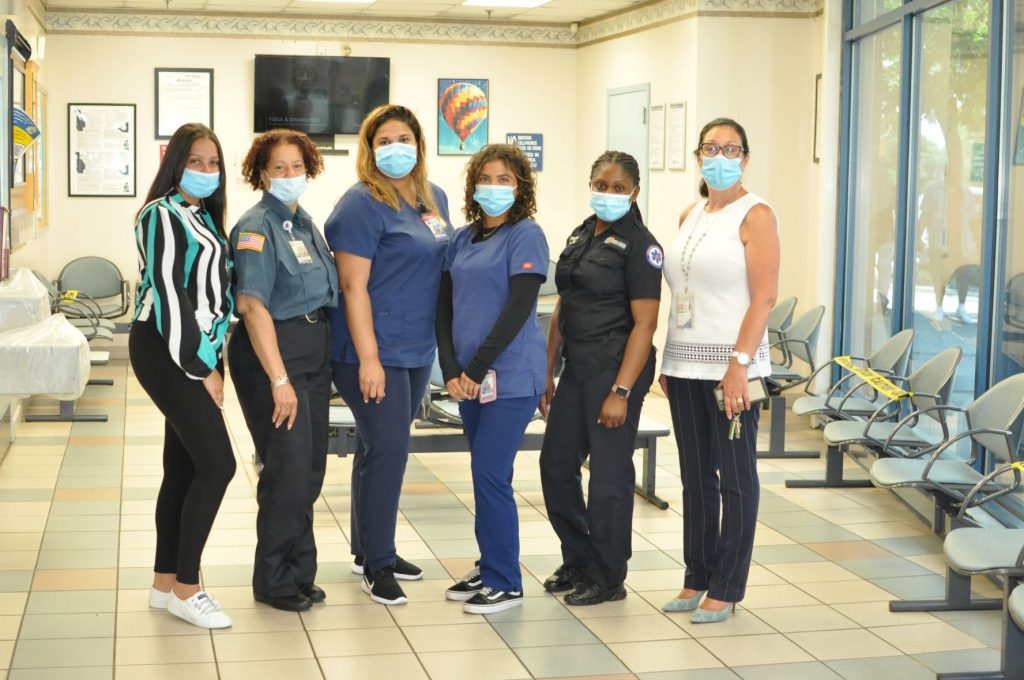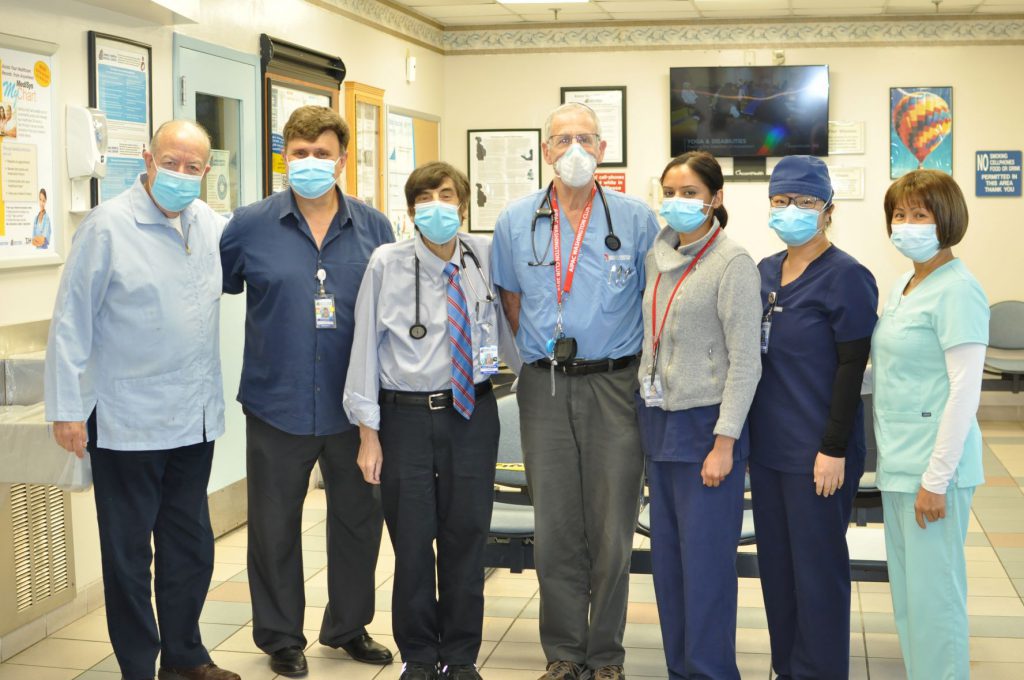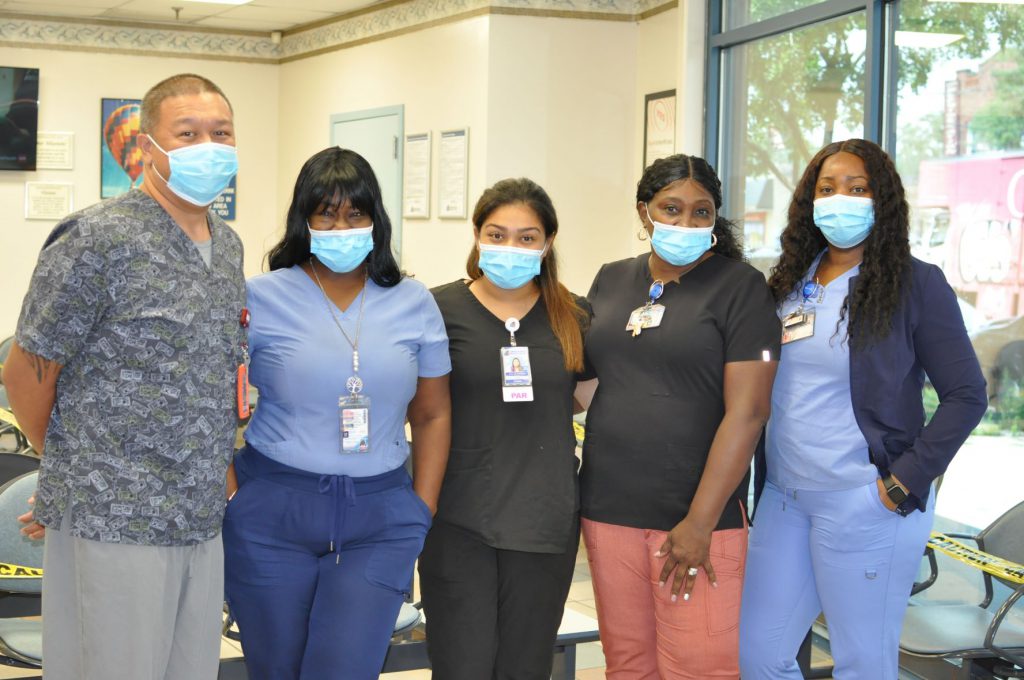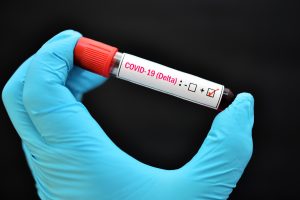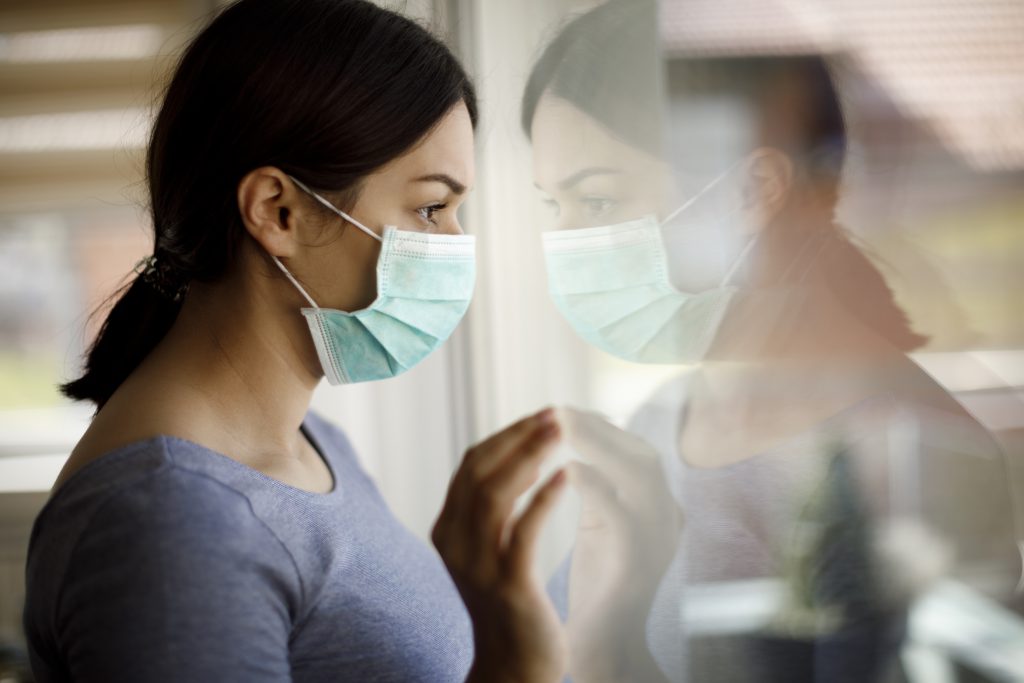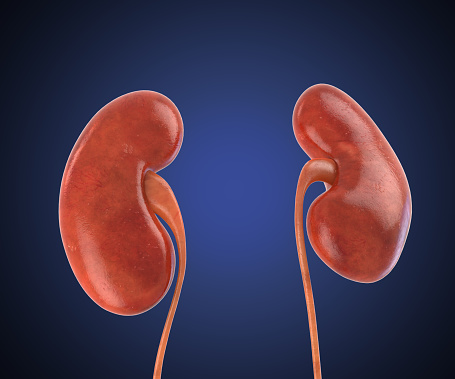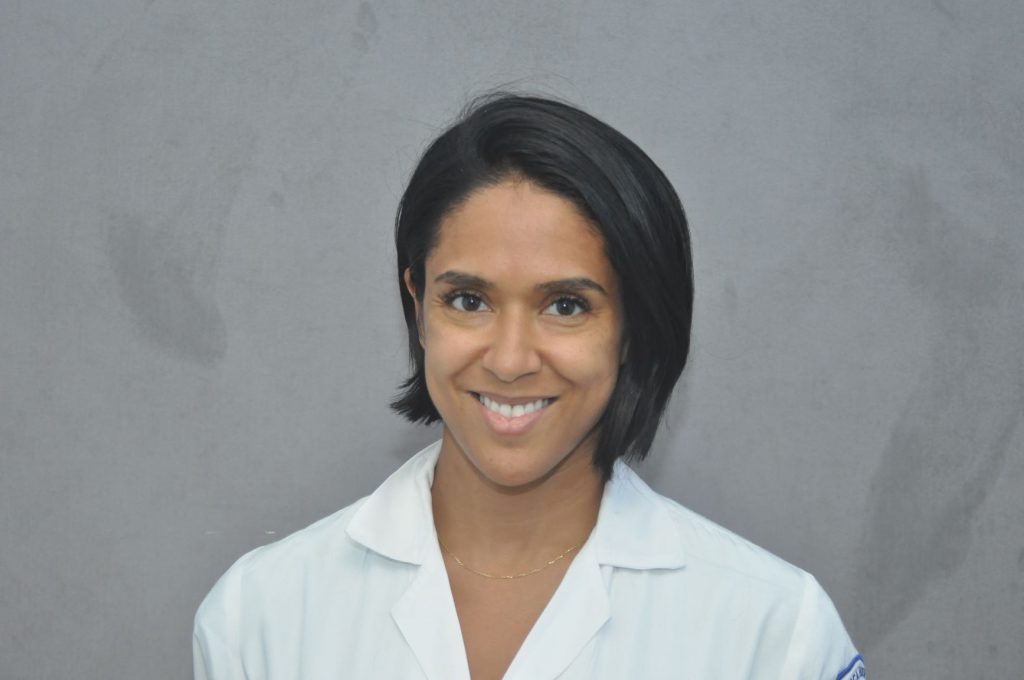
In 2010 the World Health Organization ( W.H.O. ) designated July 28th as World Hepatitis Day. This serves to increase awareness about viral hepatitis and to influence change in disease prevention, testing, and treatment.
Hepatitis is a virus that causes inflammation of the liver. The liver is an organ in the body that processes nutrients, filters the blood, and fights infections.
The most common forms of hepatitis are A, B, and C. Hepatitis B and C kill close to 1.4 million people each year and cause almost 80 percent of all liver cancer cases. Many people have the hepatitis virus and are unaware of it.
Symptoms of acute hepatitis B include:
• Fever
• Nausea
• Loss of appetite
• Jaundice
• Abdominal pain
• Fatigue
Hepatitis is spread from person to person through contact with bodily fluids. It is possible that people remain without symptoms for many years but during this time the disease is slowly destroying the liver. It can take many years for the symptoms to appear.
Blood tests are available that can detect the virus at an early stage.
Ways to reduce infection:
• Use only sterile equipment for injections
• Test all donated blood for hepatitis
• Practice safe sex
• Encourage people to get the hepatitis B vaccine
Medication exists that can cure hepatitis C and can control hepatitis B infection. When given properly, people are less likely to die from liver cancer and cirrhosis and also are less likely to transmit the disease to others. The hepatitis B vaccine is given in three doses over a six-month period and it is recommended that it be initiated right after birth if possible.
To make an appointment with a physician at Jamaica Hospital to discuss the vaccine, please call 718-206-7001.
All content of this newsletter is intended for general information purposes only and is not intended or implied to be a substitute for professional medical advice, diagnosis or treatment. Please consult a medical professional before adopting any of the suggestions on this page. You must never disregard professional medical advice or delay seeking medical treatment based upon any content of this newsletter. PROMPTLY CONSULT YOUR PHYSICIAN OR CALL 911 IF YOU BELIEVE YOU HAVE A MEDICAL EMERGENCY.


